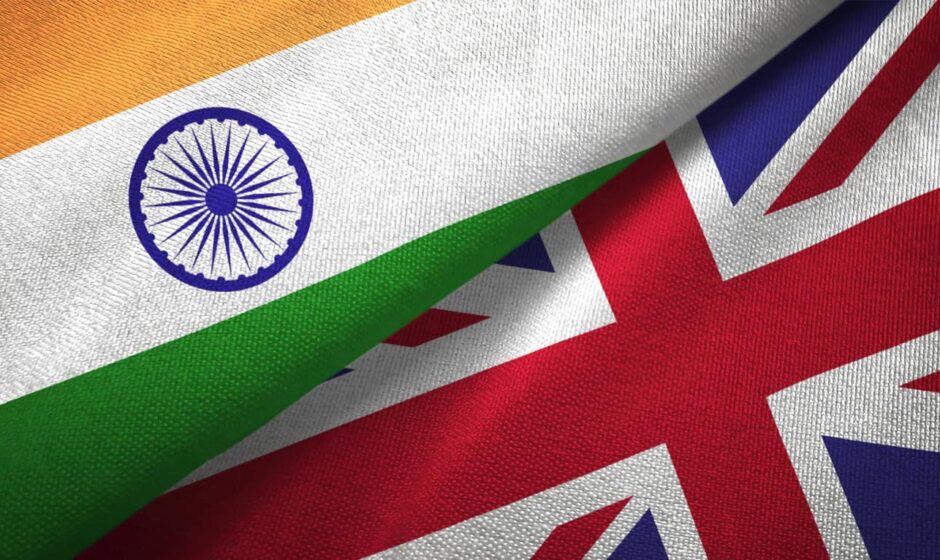A groundbreaking trade agreement between India and the United Kingdom is set to chart a new, prosperous course for India’s seafood industry, creating significant opportunities for exporters. The India–UK Comprehensive Economic and Trade Agreement (CETA), signed in July of this year, promises to eliminate tariffs on 99% of trade lines, making Indian seafood vastly more competitive and sought-after in the British market.
During a recent two-day summit with exporters, D V Swamy, Chairman of the Marine Products Export Development Authority (MPEDA), called upon the industry to seize this pivotal moment. He urged a strategic shift towards enhancing value-added products and upskilling the workforce to fully capitalize on the unprecedented access granted by the CETA.
The agreement effectively removes import duties on a wide range of popular Indian seafood products. Key categories poised for a major boost include Vannamei shrimp, frozen squid, lobsters, frozen pomfret, and the prized black tiger shrimp, all of which will now enter the UK market duty-free.
The potential for growth is immense. In the 2024–25 fiscal year, India’s marine exports to the UK stood at 16,082 metric tons, valued at $104.43 million. Frozen shrimp was the dominant force, making up 77% of these shipments, with frozen fish following at 8%. Industry experts are confident that the new duty-free access could realistically double these export figures in the near term, unlocking millions in new revenue.
The high-level meeting brought together key industry stakeholders, including officials from the Department of Commerce, the Export Inspection Agency (EIA), and the Seafood Exporters Association of India (SEAI). Over 90 exporters from the coastal powerhouses of Tamil Nadu, Andhra Pradesh, and Odisha participated, sharing insights and formulating strategies to conquer this renewed market. The discussions also highlighted forward-looking projects, such as the potential for developing a Marine Aquapark Special Economic Zone (SEZ) in Tamil Nadu to further bolster infrastructure and export capabilities.
Mr. Swamy emphasized that this opportunity demands a concerted effort. He stressed that success hinges on a three-pronged strategy: enhancing product quality to meet discerning UK standards, scaling up processing capabilities to handle increased demand, and investing in training a skilled labor force.
Beyond just boosting trade figures, the India-UK CETA is seen as a catalyst for broader economic benefits. It is expected to drive employment generation, encourage innovation in processing and packaging, and promote sustainable practices across the entire seafood value chain.
With proactive adaptation and strategic investment, the MPEDA chairman noted, Indian seafood exporters are in a prime position to not only capture a significantly larger share of the UK market but also to leverage this success to strengthen India’s reputation as a competitive, high-value supplier in the global seafood trade.


